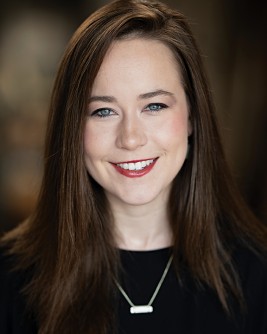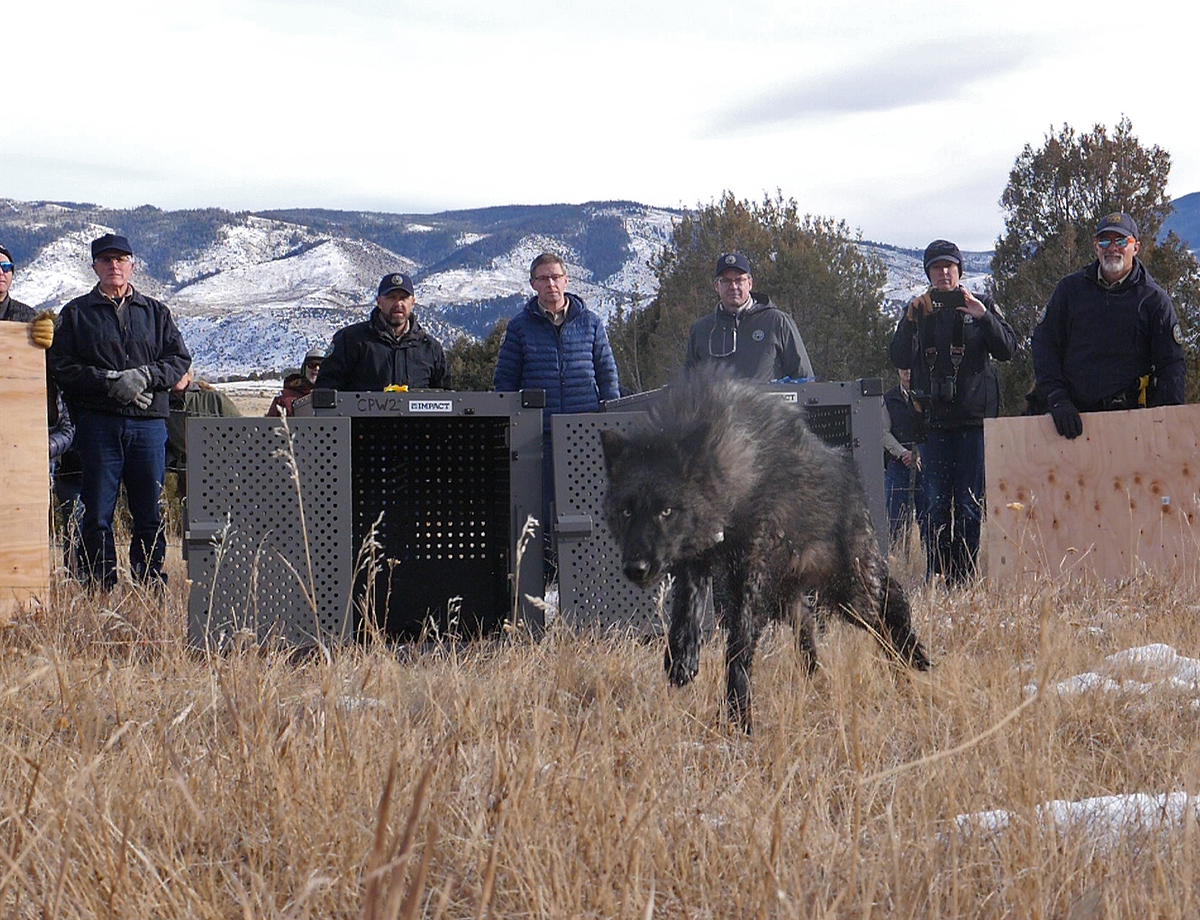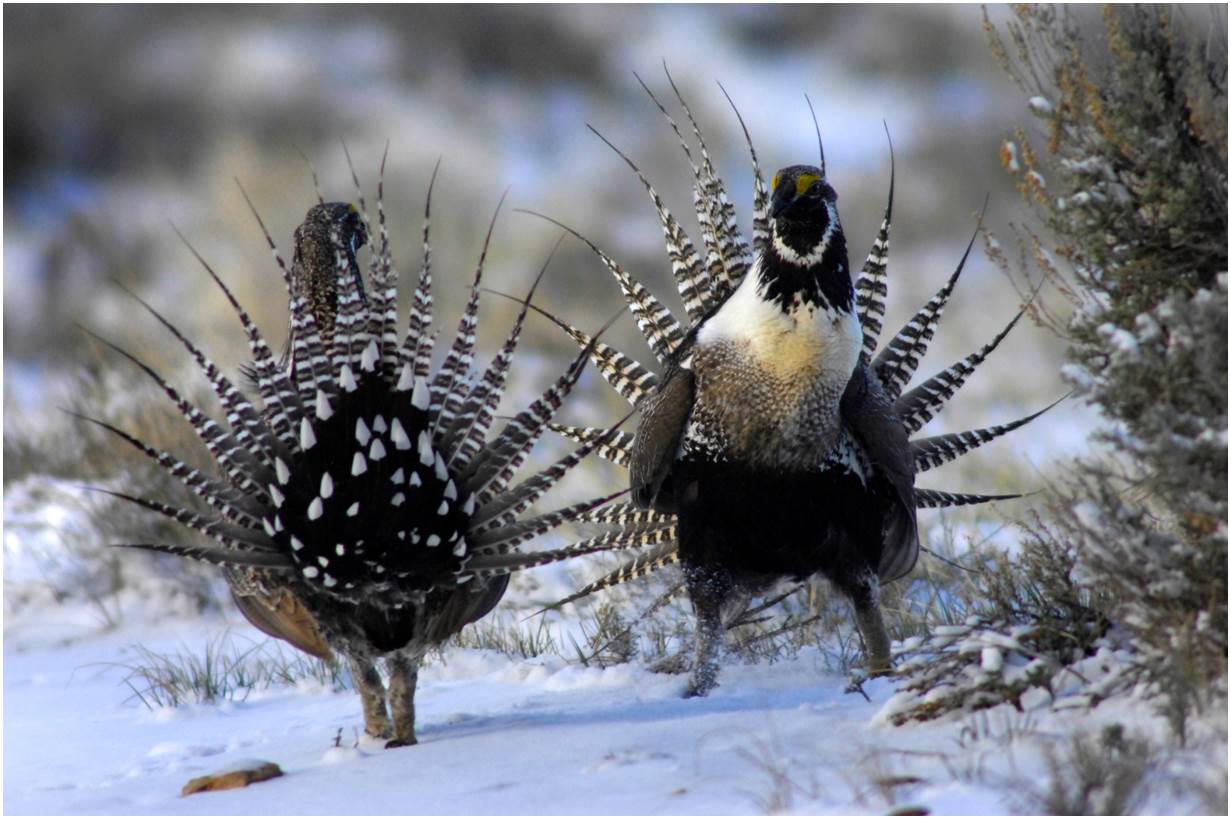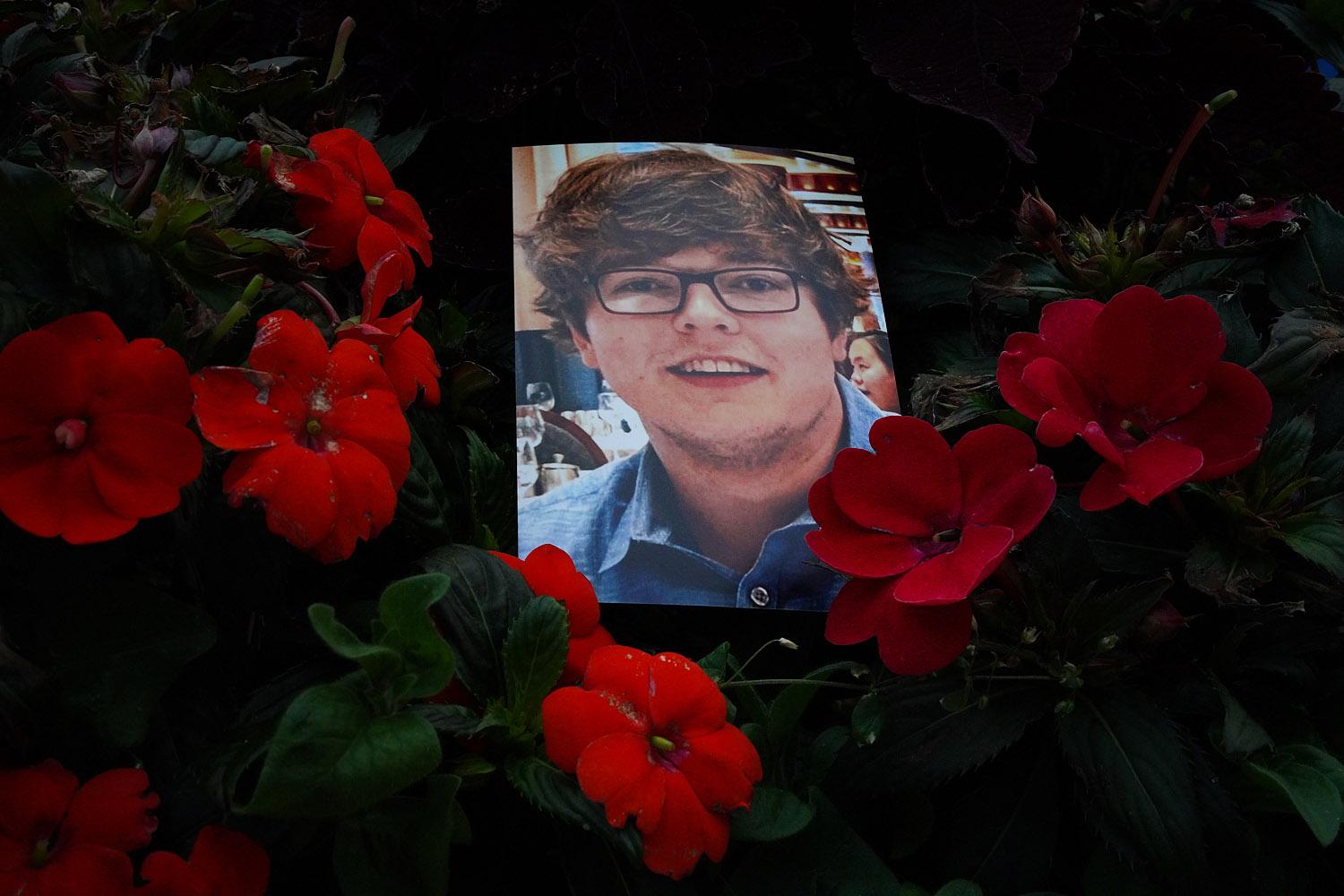
Trish Leakey has seen progress for the deaf and hard of hearing community since she was growing up deaf in Indiana, before the Americans with Disabilities Act was passed.
But when it comes to deaf people living in rural areas, she doesn't see the same advances.
"I am noticing that people within the rural areas, their life experience is very similar to what I experienced all those years ago growing up," Leakey said through an ASL interpreter. "That is a totally different world than what we experience on the Front Range. They experience so many more barriers."
The reason for those barriers? A lack of certified American Sign Language interpreters. There are only a handful of ASL interpreters in Colorado who work outside the Front Range. In Grand Junction, for a community of about 60 deaf people, there is one full-time interpreter.
Colorado officials have noticed the gap too. That's why the state is set aside $1.4 million to pilot a new Rural Interpreting Services Project for 2019 and 2020 to increase access to certified ASL interpreters outside the Front Range.
Leakey works with the state agency the Colorado Commission for the Deaf, Hard of Hearing and DeafBlind which runs the pilot program.
With the Rural Interpreting Services Project, deaf people can request an interpreter at no charge. The pilot program also offers training, and has a cohort of 20 future interpreters under instruction now. The project also holds outreach meetings to more accurately assess the issues people are facing.
People who are deaf and hard of hearing could require an ASL interpreter for "any number of situations," Leakey said.
Interpreters are particularly important for appointments with doctors, lawyers or law enforcement officials, said Timothy Chevalier, who's also with the Colorado Commission for the Deaf, Hard of Hearing and DeafBlind.
"It does become problematic when there’s an urgent situation that cannot be adequately addressed with effective communication," Chevalier said. "And that hurts both parties. That hurts the sheriff trying to investigate the situation, and that hurts the victim. It goes both ways."
Without a certified interpreter, deaf people could end up having to communicate by writing notes back and forth with the hearing person. Or, if they use an interpreter who's not certified or a friend or family member, the lack of experience or personal relationship could lead to a faulty translation.
Chevalier has seen these misunderstandings take serious consequences. In one case, an uncertified interpreter incorrectly explained an HIV diagnosis.
In another, after a woman who was sexually assaulted, the police asked her daughter to translate the report. But since the woman didn't feel comfortable sharing all the details in front of her daughter, information was lost.
"That’s one example of the injustice that can occur when a non-certified interpreter is providing the service," Chevalier said.
Leakey personally knows the impact a certified, experienced interpreter can have when communicating with a hearing person. A good interpreter is not only accurate, but can also capture tone and intent, she said.
"It makes such a huge difference," Leakey said.









